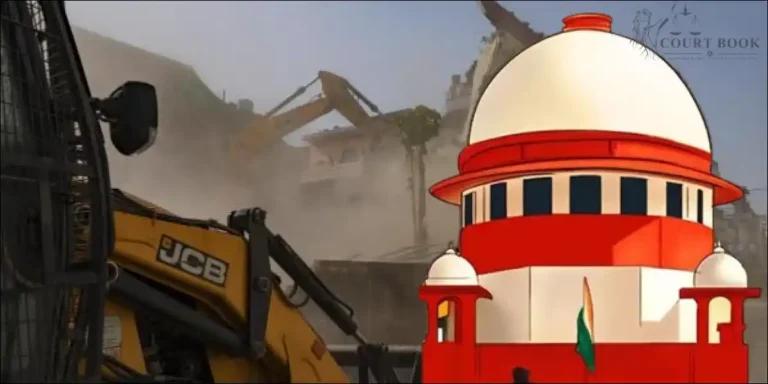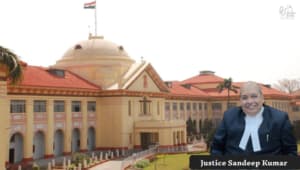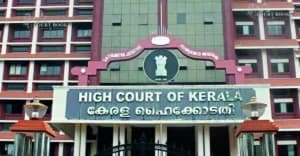In the ongoing contempt proceedings concerning the Gir Somnath demolitions, the Supreme Court was informed by the petitioners that authorities were constructing a 12-foot high compound wall at the site. Reacting to this, the Court highlighted that compound walls are generally 5 to 6 feet high and instructed the State of Gujarat to direct the Collector accordingly.
Senior Advocate Sanjay Hegde, representing the petitioners, brought the issue before a bench comprising Justices BR Gavai and AG Masih. He expressed concern that despite the pending contempt case, construction activities were still happening at the site.
Read Also:- Supreme Court Refuses to Cancel Senthil Balaji's Bail After His Resignation as Tamil Nadu Minister
In defense, Solicitor General Tushar Mehta, appearing for Gujarat, said that the wall was only to prevent encroachments and pointed to his earlier statement where he assured the Court that no religious activities were being allowed on the disputed government land.
"This is government land next to Somnath temple. We are simply putting up a compound wall to prevent encroachments. No activities are being allowed," Solicitor General Mehta stated before the Court.
He further clarified that there was no evidence supporting the claim that the wall was actually 12 feet high, calling it merely an oral allegation. He stressed that the government had the right to protect its land, like in any other part of the country, and the construction of a protective wall did not mean unauthorized activities would follow.
During the hearing, Justice Gavai made it clear that the petitioners could approach the Court again if any additional constructions took place.
"If they make any other construction, you come before us, we will certainly protect you," Justice Gavai assured the petitioners.
Upon questioning, Senior Advocate Hegde conceded that, for now, only a compound wall was being built. However, he prayed for a status quo, expressing fears about future developments on the site.
The Court then specifically questioned the need for a 12-foot high wall and orally instructed the State to reconsider its approach.
"Don't have a 12-foot wall. If you are protecting it, 5 feet, 6 feet is enough. Make it a reasonable height. Why do you want to have a 12-foot compound wall? You better instruct your Collector," Justice Gavai told Solicitor General Mehta.
The hearing ended with the Solicitor General assuring the Court that there was no intention to build a massive wall, and that the Court’s concerns would be communicated to the authorities.
Background of the Case:
The case originates from a contempt petition filed by Summast Patni Musslim Jamat after the Supreme Court, on September 17, 2023, passed a stay order halting demolitions across the country. The Trust alleged that Gujarat authorities illegally demolished Muslim religious and residential places in Gir Somnath on September 28, 2023, violating the Court’s stay order.
Read Also:- Rajasthan High Court Orders State to Monitor Municipal Bodies for Non-Compliance With Statutory Laws
The Supreme Court had then sought Gujarat’s response but did not pass an interim order of status quo, considering the state's argument that the demolition targeted encroachments on public lands and spaces near water bodies, which was an exception under the stay order.
Another related petition by the Auliya-e-Deen Committee challenged the Gujarat High Court’s refusal to maintain a status quo on demolitions. In that case, Gujarat assured the Supreme Court that the lands would not be allotted to third parties until further orders.
Subsequently, another contempt petition was filed concerning the demolition of the Pir Haji Mangroli Shah Dargah on September 27-28, 2023, allegedly carried out without notice and again in violation of the Supreme Court’s stay.
Case Title: SUMMAST PATNI MUSSLIM JAMAT Versus RAJESH MANJHU, THE STATE OF GUJARAT AND ORS., Diary No. 45534-2024 (and connected cases)















